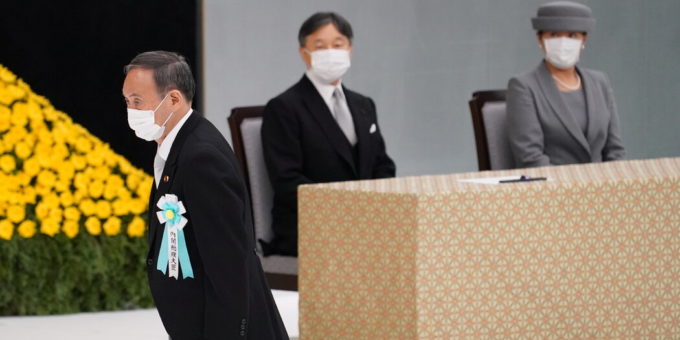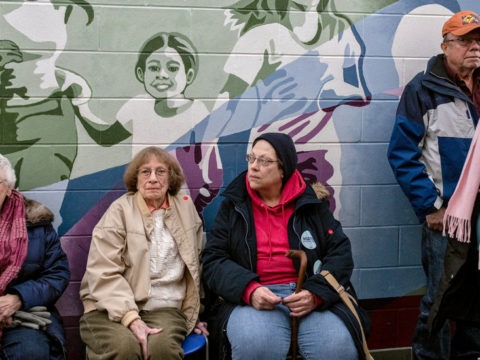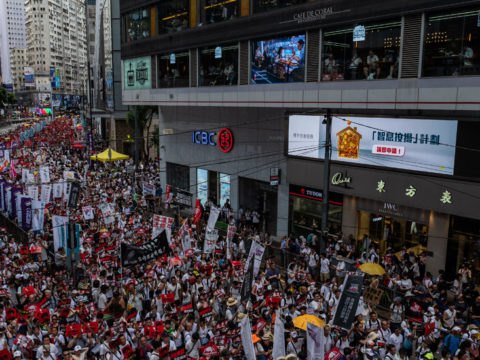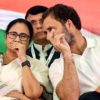
TOKYO — Less than a year after becoming prime minister of Japan, Yoshihide Suga said on Friday that he would not seek re-election as leader of the governing party, paving the way for a new leader after his historically unpopular tenure.
Mr. Suga, 72, assumed the prime ministership after Shinzo Abe, Japan’s longest-serving prime minister, resigned last August because of ill health. Mr. Suga, the son of a strawberry farmer and a schoolteacher from the country’s rural north, had been a behind-the-scenes operator and always looked uncomfortable as a public-facing leader.
His early departure threatens to return Japan, in the midst of its worst wave yet of the coronavirus, to the leadership instability that marked the period before Mr. Abe’s nearly eight consecutive years in power. During that time, the country churned through six prime ministers in six years, including Mr. Abe himself in an earlier stint.
In the days before the surprise announcement that he would resign on Sept. 30, Mr. Suga appeared to be trying to salvage his leadership, which had been dogged by plunging approval ratings amid public dissatisfaction with his administration’s handling of the pandemic and the Olympics.
When a rival, former Foreign Minister Fumio Kishida, announced last month that he would stand for the leadership of the governing Liberal Democratic Party, rumors circulated that Mr. Suga might dissolve Parliament early and call a general election in a last-ditch effort to retain his position.
He had also suggested that he would reshuffle his cabinet and other leadership positions within the party. But in the end, with coronavirus cases hitting record highs and hospitals turning away patients amid a wobbly vaccine rollout, he apparently decided that he had no viable path.
In remarks to reporters on Friday, Toshihiro Nikai, secretary general of the Liberal Democrats, announced that Mr. Suga had informed him in the morning that he would not run for party president in the leadership election late this month.
Mr. Nikai said the prime minister instead “wanted to focus on the prevention of the coronavirus.” Mr. Suga also informed Mr. Nikai that he had withdrawn his plan to reshuffle the executive leadership of the party.
The race to replace Mr. Suga in the Sept. 29 vote for leader of the Liberal Democrats appears relatively open. Mr. Kishida, the former foreign minister, is the only declared candidate so far, though the communications minister, Sanae Takaichi, has expressed interest.
The winner of the party leadership race will be the heavy favorite to become prime minister after a general election that must be held by late next month. The Liberal Democrats have held power in Japan for almost the entire postwar era, and the political opposition has been in disarray for the past decade, after being blamed for a mismanaged response to the Fukushima nuclear disaster.














